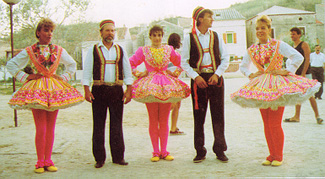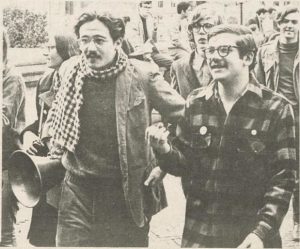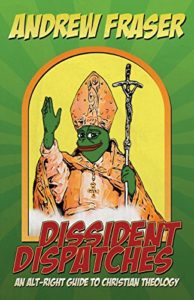The Notion of Racial Diversity in German Academia and National-Socialist Legislation, Part 2

Men and women in traditional folk costumes from the island of Susak, Croatia. Susak is one of the smallest islands in Europe, having the most endogenous population in Europe. Most of Susak’s descendants live in New Jersey, USA.
Introduction:
What follows are more translated excerpts on race, taken from rare and difficult-to access books written by prominent National Socialist legal scholars, with the focus on “acquired traits” vs “inborn traits” and how they interacted in the proposed NS racial legislations. This explosive topic, particularly in modern and highly multiracial USA and the EU has been covered recently in more details by prominent sociobiologists, aka “race scholars,” Richard Lynn, J. Philippe Rushton, Arthur Jensen, Kevin MacDonald and others. The main intent of this essay, however, is not to glorify National-Socialism or absolve it from some of its crimes, but to indirectly point out that in the so-called free liberal democracy there are subjects that are carefully being avoided by humanities professors and studiously shunned by politicians of all colors. As long as historical truth, particularly in the analyses of various World War II vicitmhoods, is being defined by state attorneys and judges and not by social scientists and historians, and as long as the discussion about race is being left over to rabble-rousing ideologues and college agitators, the much vaunted free speech in the West will remain an empty buzzword.
** ** **
According to these examples there can hardly be any doubt that man’s hereditary endowment, having been examined in diverse areas of human genetic predispositions, has been subject to well-established regulations for the rest of living nature. These findings, however, have a far-reaching and decisive significance for the assessment of the doctrine that all men are equal. This doctrine is known to be one of the main pillars of the teaching structure of Marxism. The adherents of Marxism have found in the dogma of equality of all people the justification for their internationalist attitude. In fact, if all people are indeed equal, one must logically come to the conclusion that the segregation of peoples and nations against each other is a condition defying any inner justification, and therefore needs to be dismissed. Thus, Marxists of all colors cling to the hopeless equality dogma as their last straw of hope. Certainly, they cannot seriously dismiss the overwhelming abundance of the already examined Mendel’s case studies on the effectiveness of the laws of inheritance. But they (Marxists) know how to help themselves by providing themselves with another dogma: namely, that in human heredity there could be other rules designated for humans, which may also come into play. Dr. Gustav Franke, Vererbung und Rasse: eine Einführung in Vererbungslehre, Rassenhygiene und Rassenkunde (München: Deutscher Volksverlag, 1938, 1943), (Heredity and Race; An Introduction to Heredity Teaching, Racial Hygiene and Race Studies), p. 97.






 Dissident Dispatches: An Alt-Right Guide to Christian Theology
Dissident Dispatches: An Alt-Right Guide to Christian Theology


